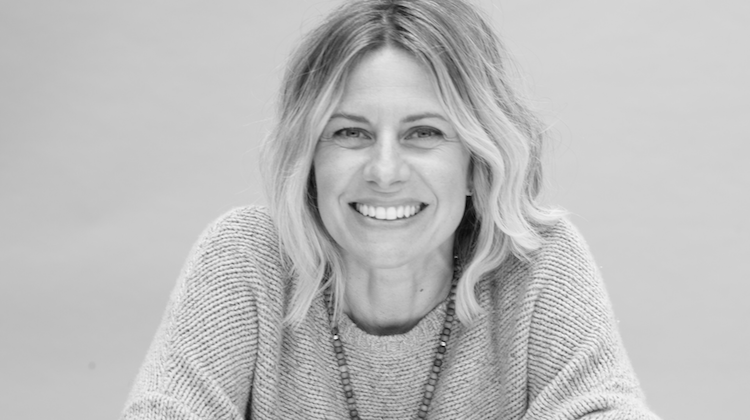Business of Fintech
‘If you don’t fix your diversity problem, I’ve got no time for you’: VC Amy Nauiokas
- So many early stage companies fail, it's important to focus on people's ability to lead a company and idea -- not the idea itself.
- There isn't a problem with female founders' access to funding, but there certainly aren't enough female founders, Nauiokas said.








